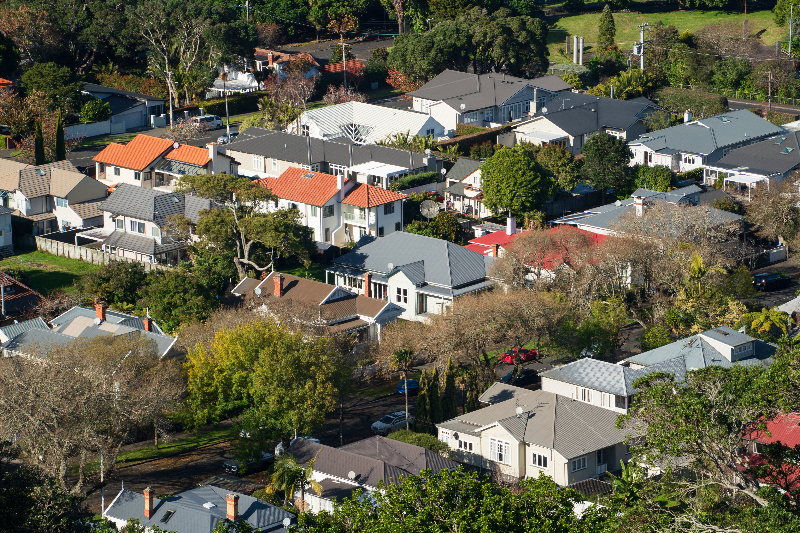Cotality’s latest Property Pulse report shows the supply of new homes in Wellington and Auckland outpacing population growth between 2019 and 2024.
In Wellington, the population actually declined 1% in the five years to 2024, while housing stock rose by 4.3%. This caused the number of residents per home to drop from 2.97 to 2.82.
Auckland's population grew by a robust 7% over the same period, but this was exceeded by an even stronger 10.3% increase in housing stock. This eased Auckland's occupancy rate from 3.45 to 3.34 per home.
“This easing in the physical supply and demand balance aligns with the weakness in Auckland's property values, although it is also worth noting that the recent construction mix in Auckland has been dominated by townhouses, which are smaller and have a naturally lower occupancy rate,” Kelvin Davidson, Cotality chief property economist says.
Nationally, from 2019 to 2024, the population grew by 6.4%, while housing stock increased by 7.5%. This resulted in the average number of people per home easing from 2.99 to 2.96 over the five-years.
Davidson says this figure suggests the overall market is well-balanced, with the long-run average of 2.97 people per house sitting close to the existing rate. “This balance is also supported by the recent lack of growth in property values and rentals.”
He says while the recent slump in property prices is partly an unwinding of previous affordability stress, this loosening of the supply and demand balance also played a role.
On the other hand, population growth outstripped housing supply in Hamilton and Tauranga, with double-digit population growth outpacing the rise in housing stock.
In five years, Hamilton's population increased by 10.3% while the number of new homes grew by only 8.1%, and Tauranga had population growth of 10.2% compared to a 5.9% rise in housing.
“Although these areas are not experiencing a property value boom, their markets have been more resilient than those in Auckland and Wellington, with less improvement in housing affordability,” Davidson says.
Focusing on other population hotspots –Selwyn, Queenstown-Lakes, Waikato District, and Waimakariri – construction activity has largely kept pace with population growth.
For the five years from 2019 to 2024, housing stock grew by 12.7% in Waimakariri, 29.8% in Selwyn, and 13.8% in Waikato.
Market feedback suggests these areas are well-balanced in terms of property availability and do not show the same clear affordability strains, he says.
However, Queenstown-Lakes remains an exception. “Despite its dwelling stock growing slightly faster than its population between 2019 and 2024, the area's property values remain high and affordability pressures intense.”
This highlights the unique market dynamics of Queenstown, where accumulated wealth helps to insulate property values even with strong supply growth, Davidson says.
“While the physical supply and demand balance over short periods does not explain all changes in property values or affordability, it is obviously an important factor.
“Other influences, such as available listings, or changes in wealth and income, also play a significant role.”
However, Davidson says when looking at this data in isolation, it suggests that property values in Wellington and Auckland may remain relatively soft, while other main centres like
Hamilton and Tauranga could see stronger performance.

![[TMM Podcast] Yelsa serves up “marine reserve” of property buyers](https://www.goodreturns.co.nz/pics/mike%20harvey.jpg)



 Search
Search
